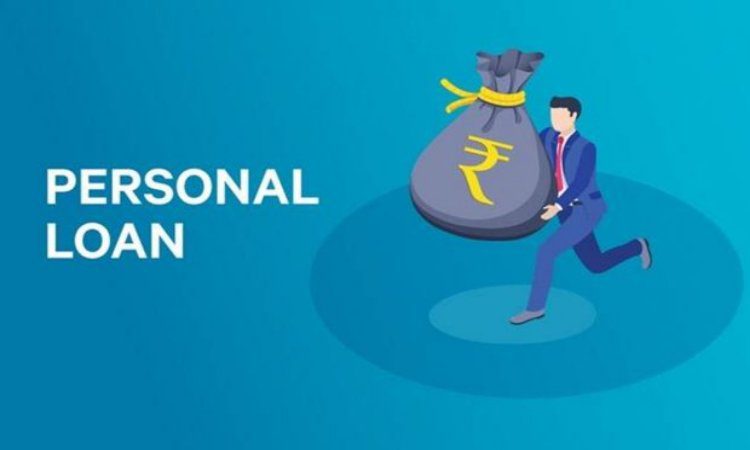5 Simple Steps to An Effective Low Income Personal Loan Strategy

Are you unable to manage your expenses with your salary income? Getting a personal loan is a great way to manage your finances. However, it comes with a financial commitment of loan repayment in due time. There are plenty of personal loan providers in the market that have made it more accessible for ordinary people. However, one has to meet some basic eligibility requirements to avail a personal loan. Therefore, it is prudent to check for the personal loan eligibility criteria, especially when looking for a low income personal loan. Read on to learn some practical tips about getting a low income personal loan.
[Read More: An extreme manual for picking the best broad responsibility protection!]
What impact does income have on loan applications?
If you are wondering what impact income has on loan applications, it’s enormous. The income quotient is linked with an applicant’s repayment capacity. So, a higher income will prove that the applicant can easily repay the loan without defaulting. As a result, it reduces the risk of default to a great extent, and the lending institution is more convinced about granting the loan. Since personal loans are unsecured, the repayment capacity is one of the primary factors influencing the loan application process.
Had it been a secured loan, the lender would have the power to recover the losses by selling the security assets in case of default. Most lending parties have minimum income criteria set for the borrowers. It can differ depending on your current residence. For example, if you reside in a metropolitan city like Mumbai, you need to have a minimum monthly income of over INR 25000. The figure is lower in case you are living in a non-metro city. It also varies from lender to lender, and you must check it before making your loan application.
Pragmatic tips to get a low income personal loan easily
Getting a personal loan when your monthly income is on the lower end can be challenging. However, it is not impossible to get a low income personal loan. If you live in a non-metro city and earn at least INR 20,000, most personal loan providers will approve the loan. Meeting the minimum income criteria is a must in most cases. However, there can be certain exceptions if the credit score. If the applicant is an existing financial institution’s customer, even a low income personal loan will be quickly approved. Let’s take a quick look at some practical tips for getting a low income personal loan.
1. Choose a lower loan amount
The total loan amount is the first thing that one needs to be mindful of while applying for a personal loan. A higher loan amount will not be approved when the total income earned is insufficient to meet the debts. Choosing a lower loan amount increases the probability of approval if the income is low. Even with less monthly income, one can repay a lower loan amount through monthly EMIs.
2. Maintain a good credit score
One must always maintain a credit score over 750 if they are looking to get easy loan approvals. Keeping a high credit score will establish that you are a responsible borrower who has a good repayment track record. It will also compensate for a lower monthly income. If the loan is approved, the borrower must always repay the loan amount timely.
3. Calculate total income from different streams
The total income calculation should take into account income from multiple sources. It should not just factor in the income generated from the primary source. Before applying for a paperless personal loan online, calculate income from all existing sources. This will make the approval easier.
4. Develop a good relationship with the lender
One should apply for a low income personal loan with their existing financial institution. Since you have already been a customer of the current financial institution, it is easier to get loan approval. Maintaining a healthy relationship with the lender can be beneficial in the long run. Any new lending party will conduct additional checks before approving a low income loan.
5. Maintain a low debt to income ratio
Maintaining a low debt to income ratio is a must if the total income of the loan applicant is on the lower side. Conversely, a high debt to income ratio impacts your repayment capacity and might lead to the rejection of loan applications.
